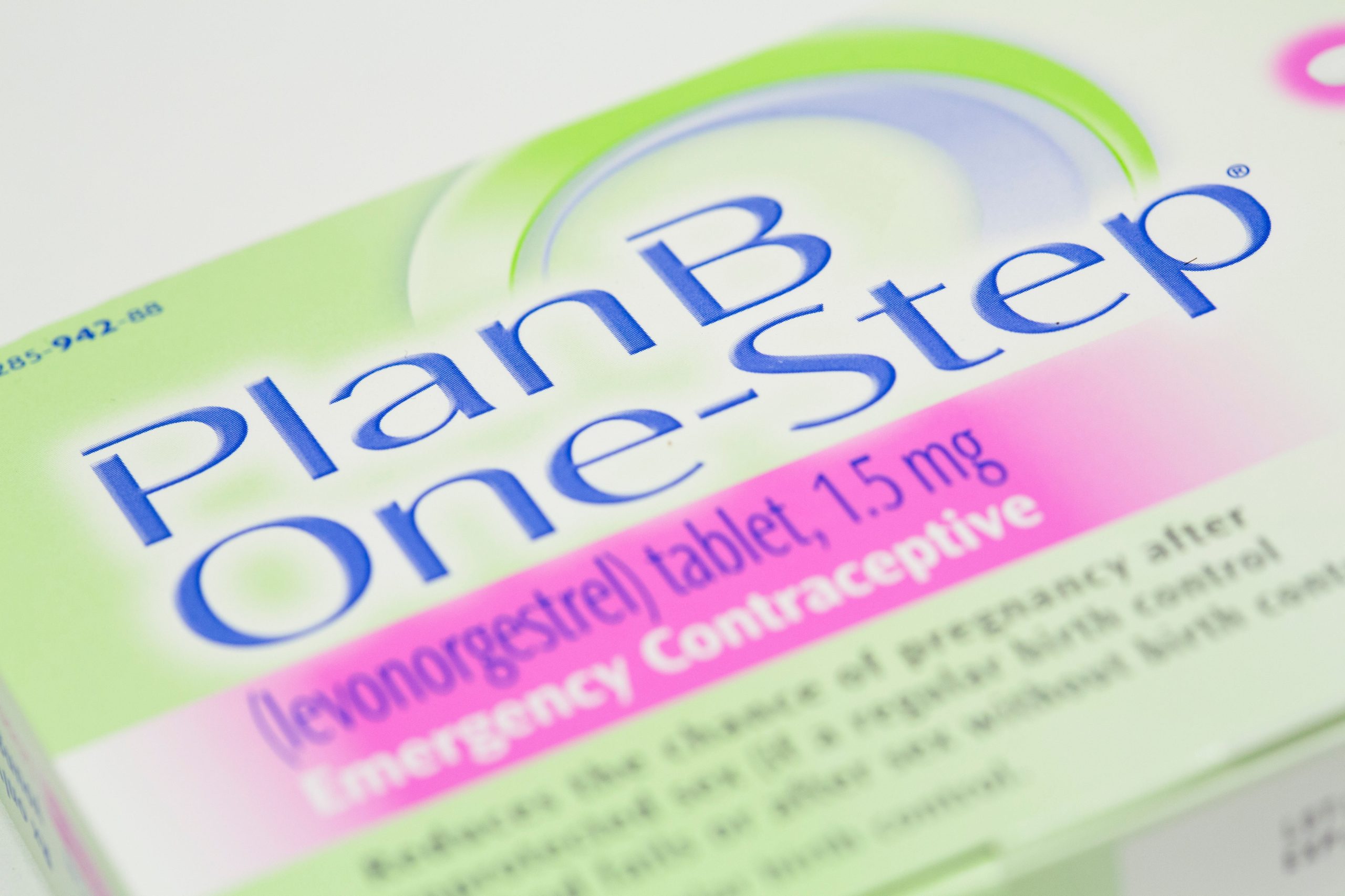
Chris Lange, FISM News
[elfsight_social_share_buttons id=”1″]
Sleek, brightly colored packaging, “humorous” memes, and TikTok “upbeat explainer” videos are all part of a new, widespread campaign targeting Gen Z consumers that seeks to make abortion pills “fun and shareable.”
Companies like Favor, Stix, and Nurx that sell Plan B, or “morning after,” pills have been pouring money into flashy ads and social media videos highlighting mail-order abortion pills according to a new Wall Street Journal report.
Several ads include political messages featuring liberal pro-abortion talking points.
Ahead of the anticipated Supreme Court decision overturning federal abortion rights, Favor kicked off an ad campaign suggesting that contraception would soon be outlawed.
“They are coming for your abortion. Your birth control is next,” the ad states.
“Given the timing of the [Dobbs v. Jackson Women’s Health Organization] ruling, which we expected shortly following our rebrand, we felt strongly that our first advertising campaign out of the gate should educate patients, women, and people who menstruate about what was at stake, how to access care, and how to prepare for a post-Roe world, without bias,” said Lauren Scrima, head of brand marketing at Favor.
Plan B, or “morning after” pills, have long been marketed as emergency contraception, though pro-life groups argue that the medication ends, rather than prevents, pregnancies.
Meanwhile, companies like CVS and Walmart have resorted to rationing abortion pills in response to a surge in demand. Some online providers are encouraging their customers to stock up so they can be prepared for future “emergencies.”
Nurx, which in February merged with healthcare company Thirty Madison Inc., has funneled the bulk of its advertising dollars into a campaign highlighting the availability of Plan B pills online and challenging the public perception that it is an early form of abortion.
Stix, meanwhile, is promoting its own abortion pill called “Restart,” which it released on June 21. The company is plastering billboard ads featuring pro-abortion political messages near crisis pregnancy centers in states that have restricted abortion access.
